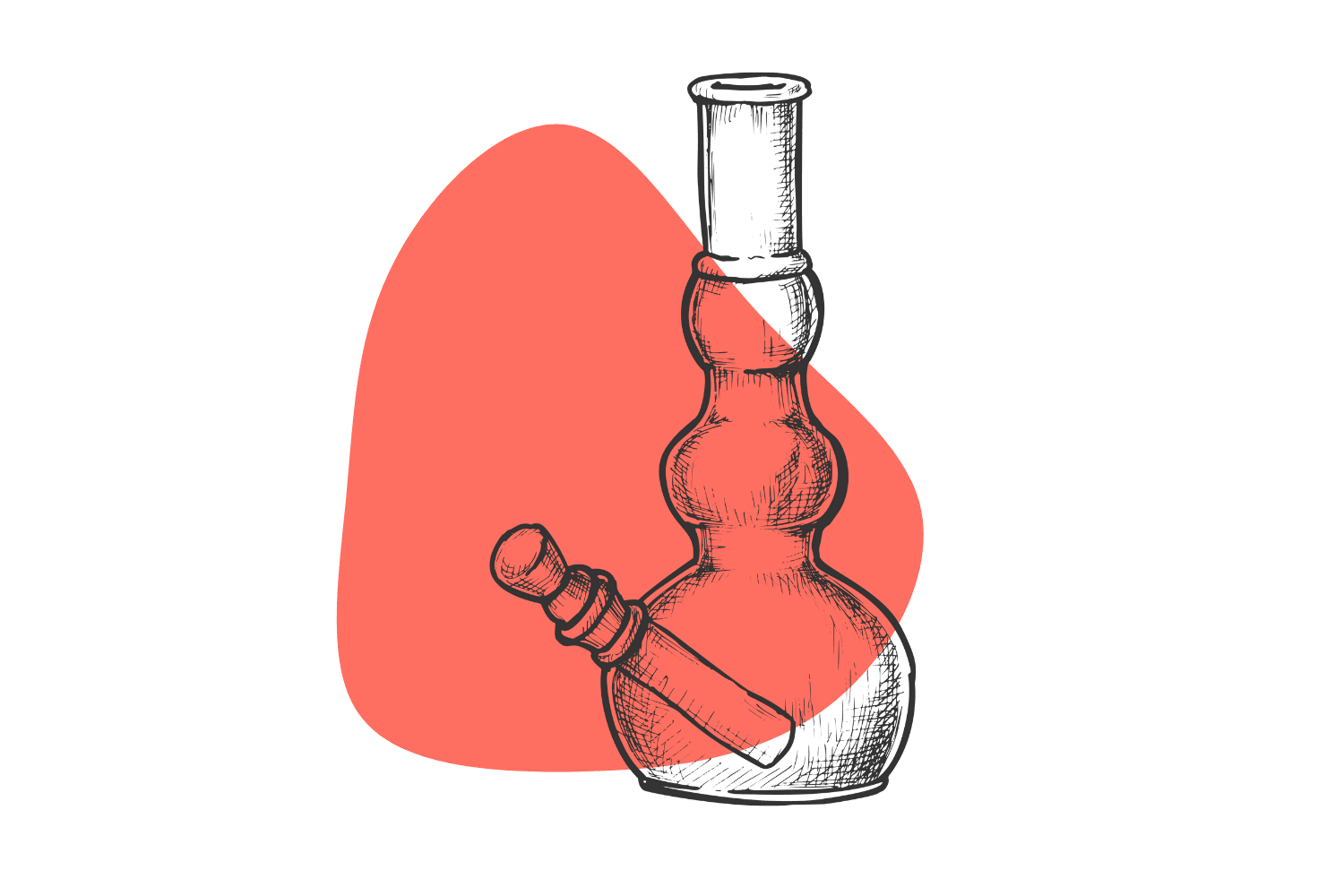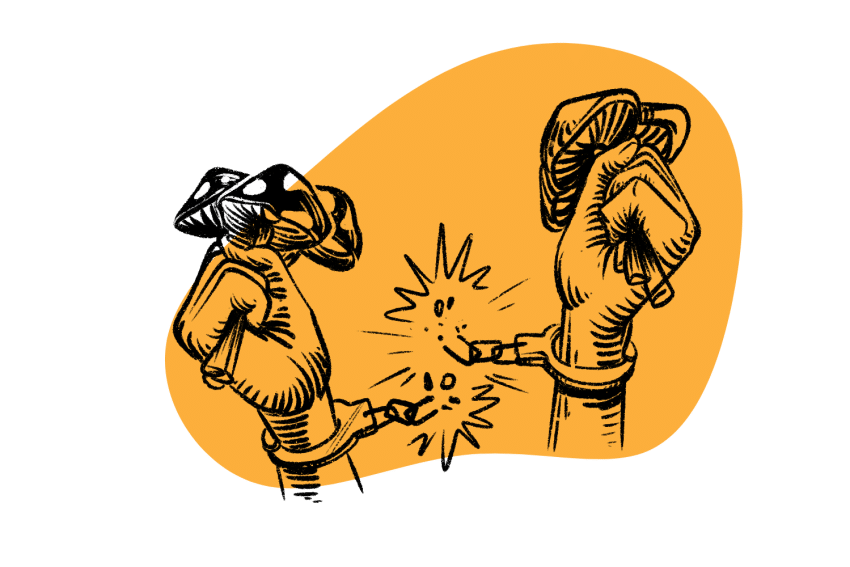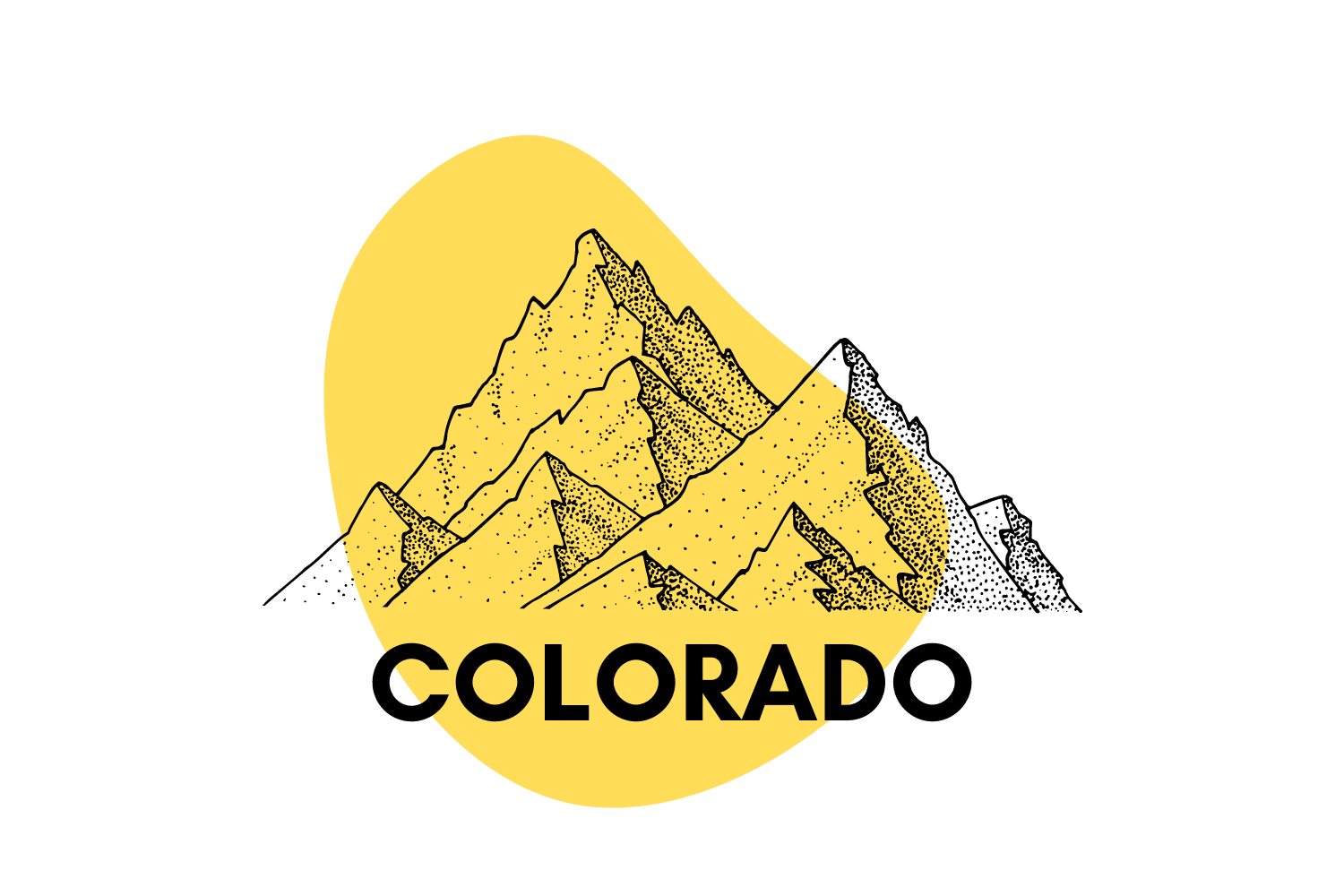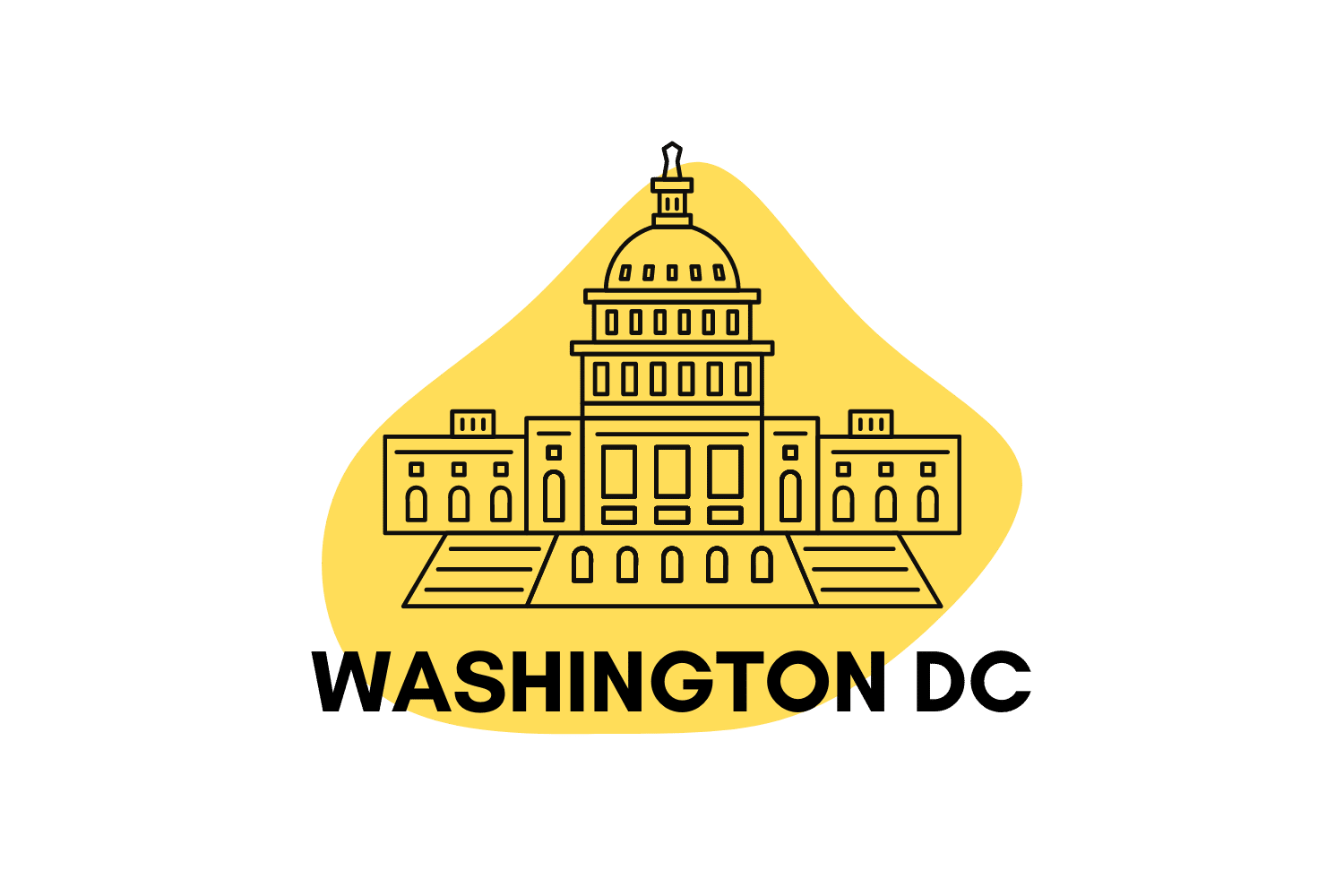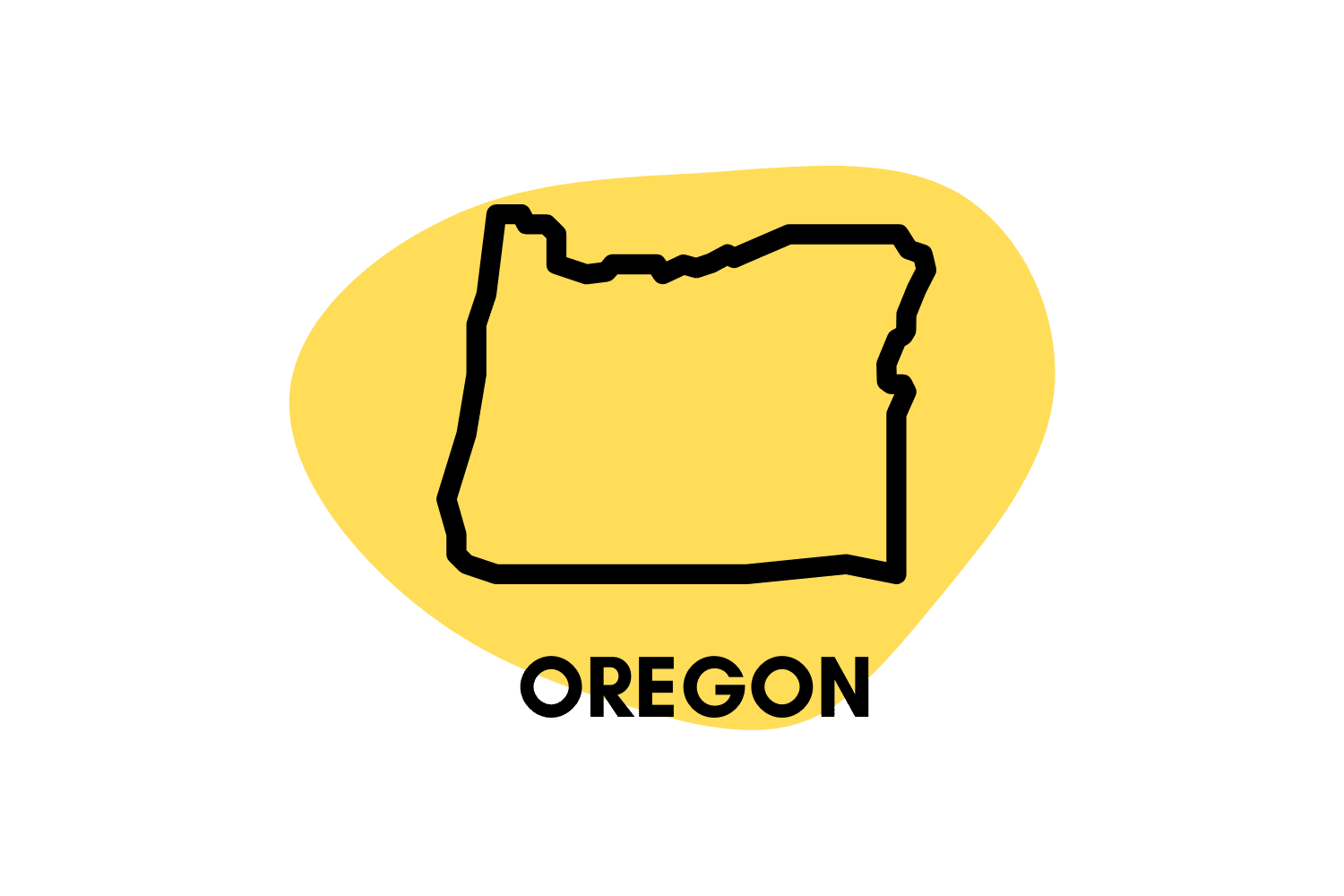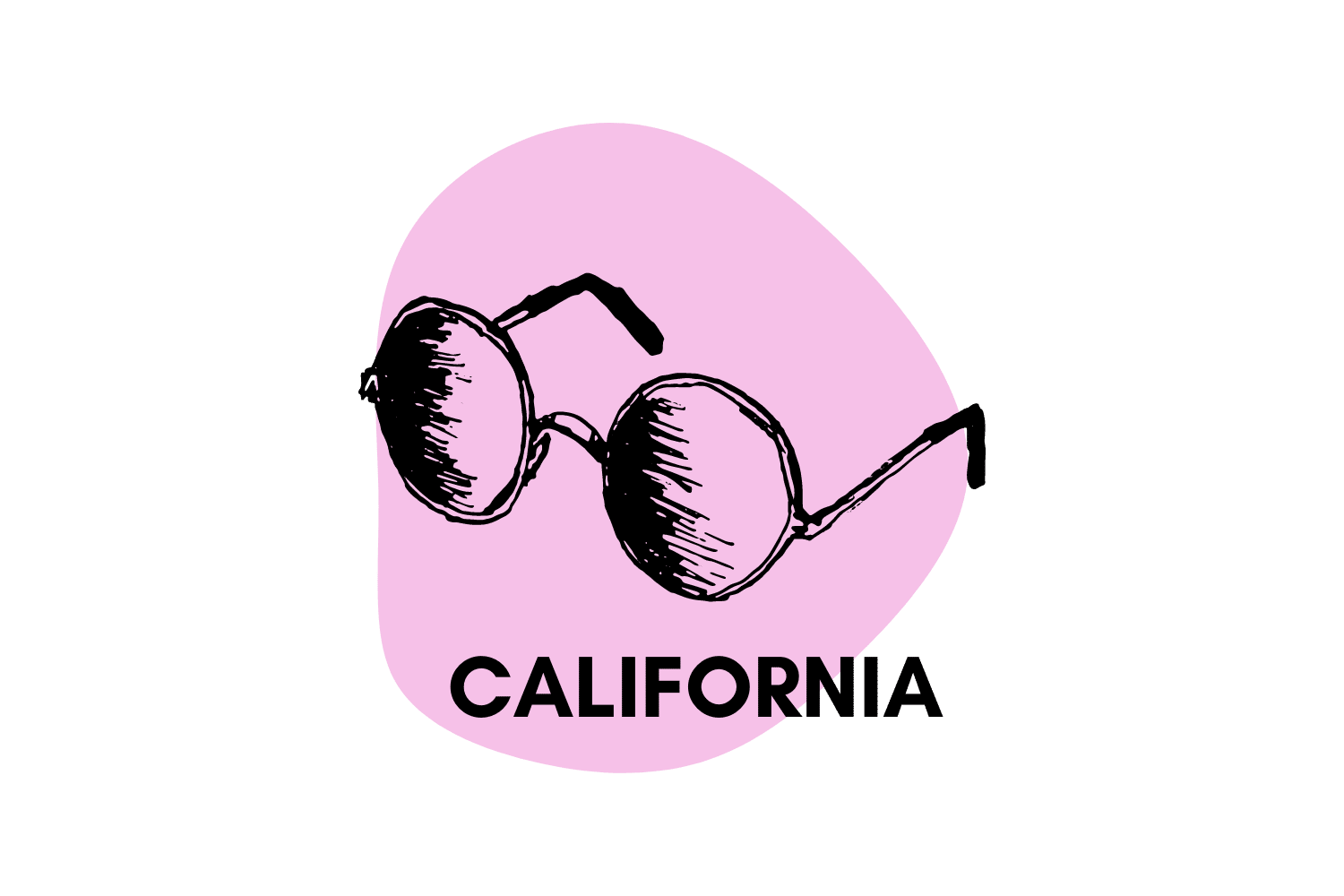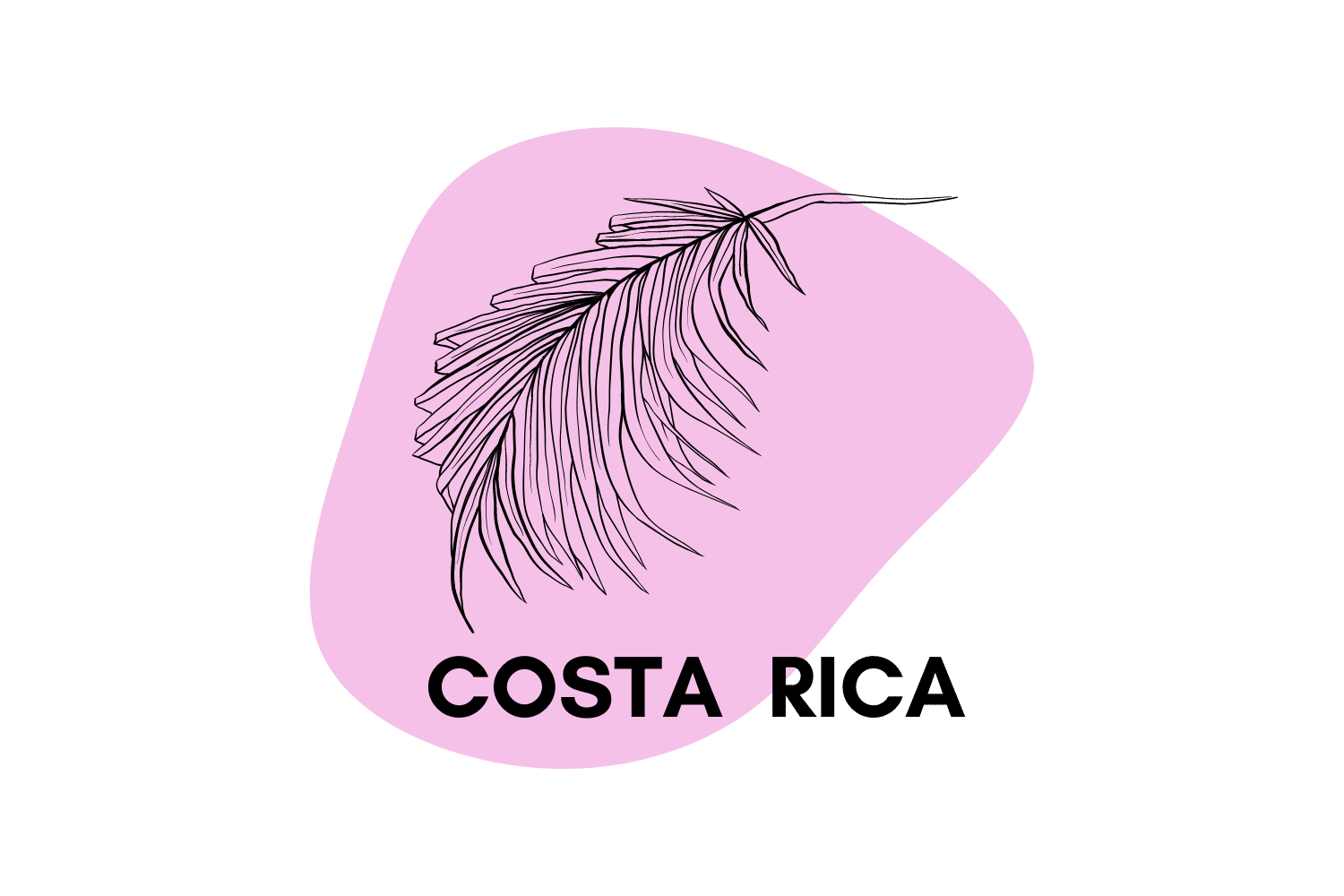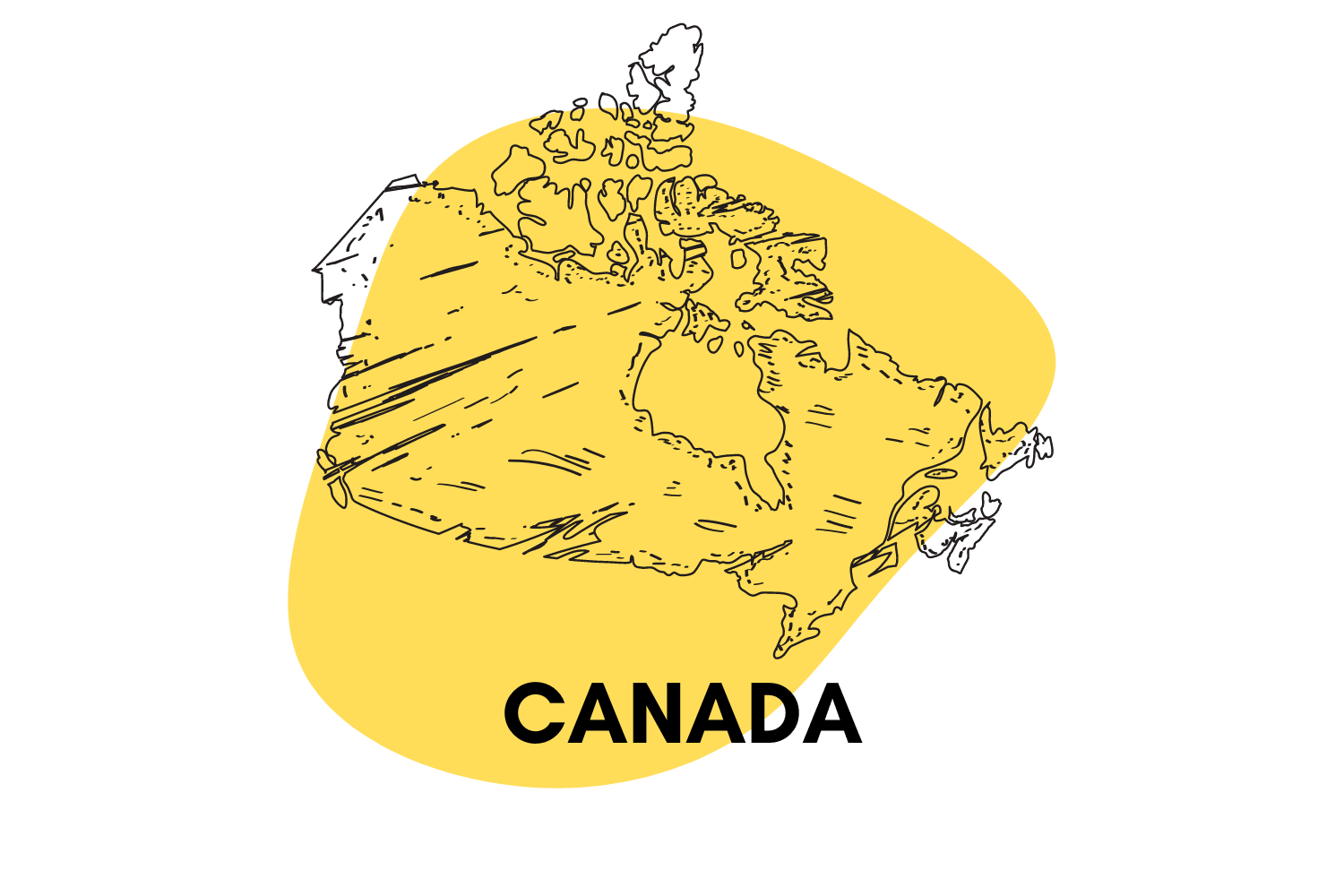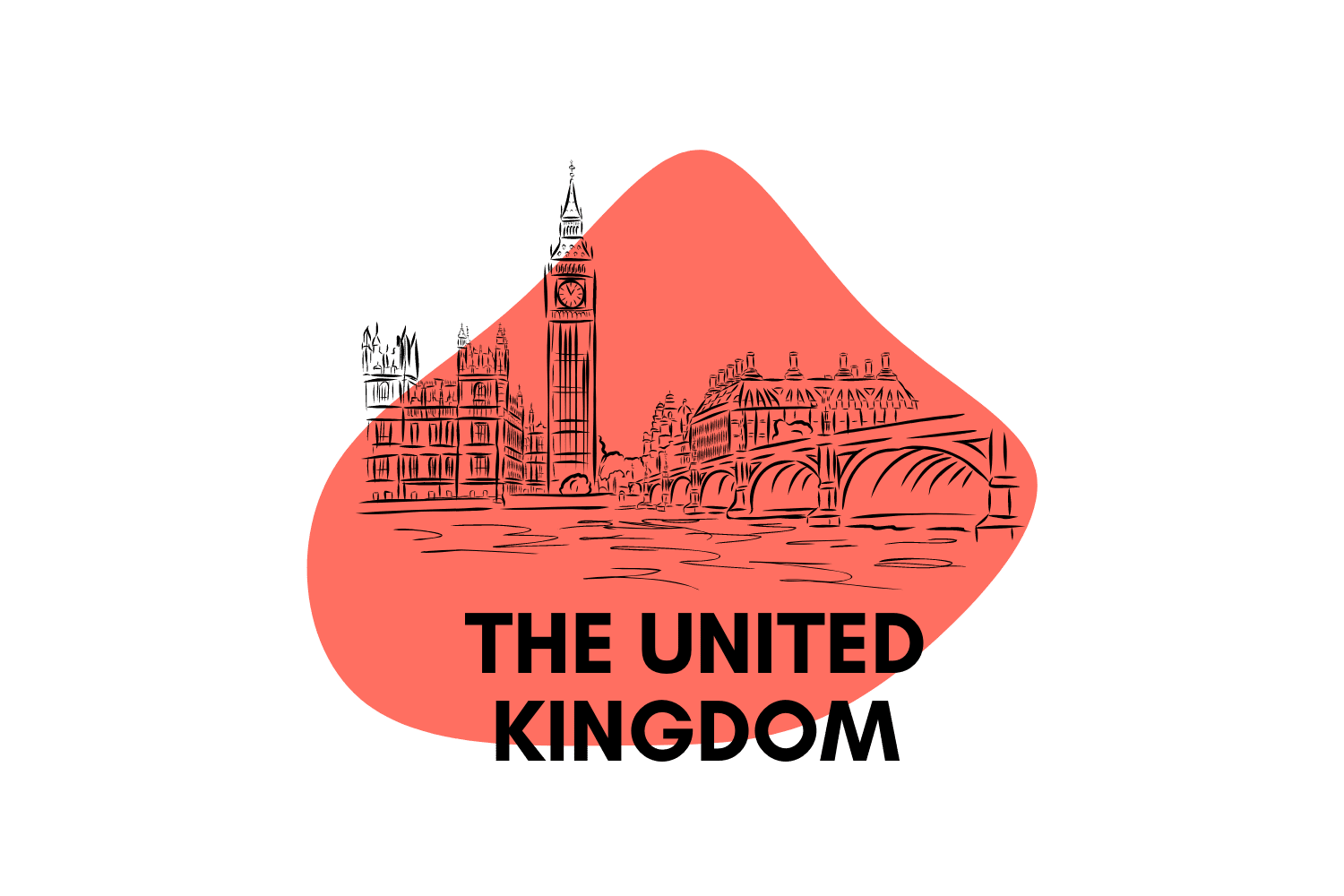Psychedelics in Prince Edward Island: The Laws on Shrooms, MDMA, LSD, & Others
Prince Edward Island is where the idea for Canada was born. Will drug reformation also spring forth from its loins?
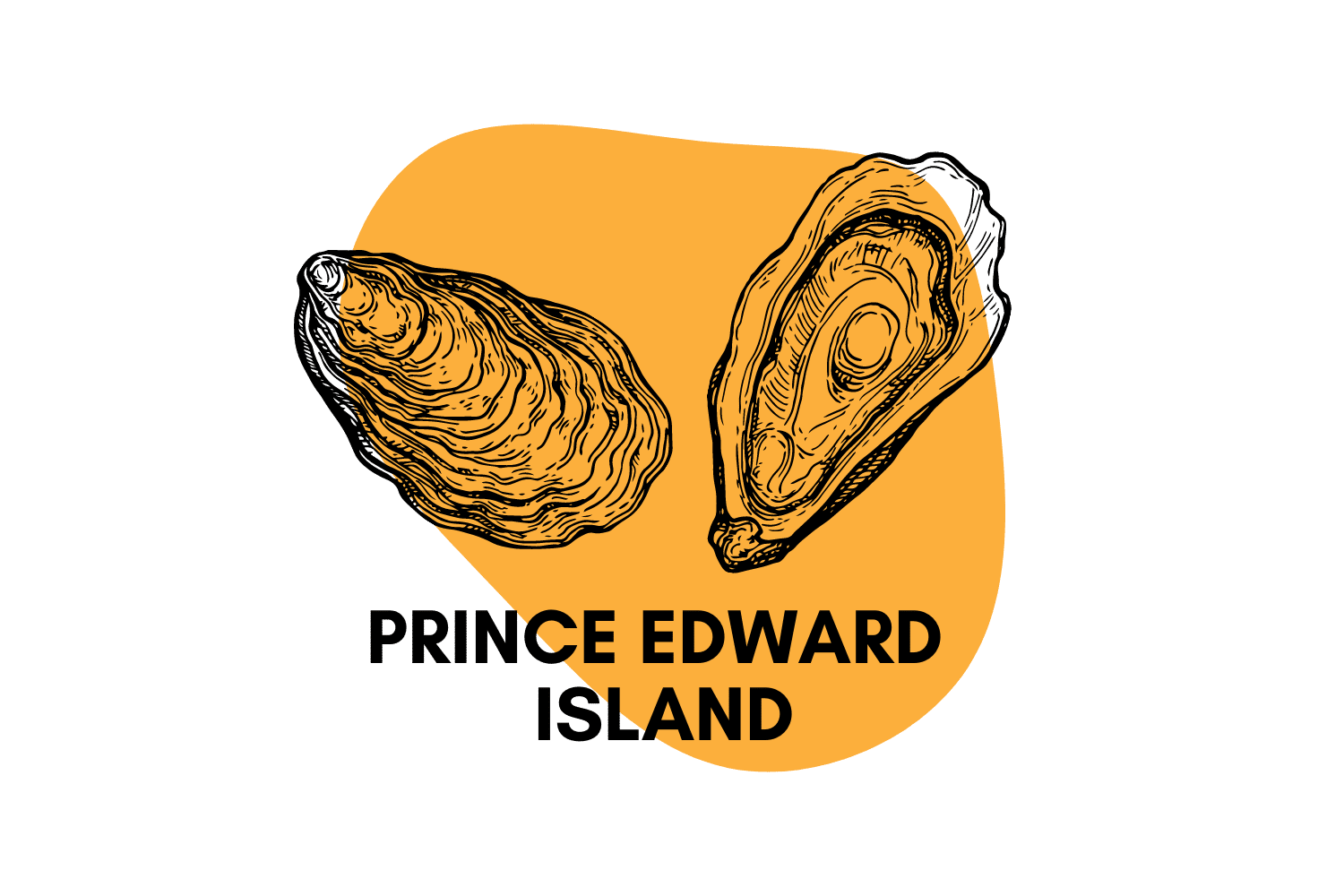
Canadian drug laws are flexible compared to other countries, as the penalties are softer, and you can legally find some compounds, such as marijuana or 1P-LSD. However, magic mushrooms are still technically illegal.
This article will inform you of the most common psychedelics’ legal status in Prince Edward Island — including shrooms, LSD, cannabis, MDMA, ketamine, DMT, and more.
This page is updated as new laws take effect — subscribe to our newsletter to remain up to date on changes as they occur.
Summary of Psychedelic Drug Laws in Prince Edward Island
- Psychedelics are illegal in Prince Edward Island, but this may soon change.
- Marijuana is legal for both recreational and medicinal purposes.
- Ketamine use is illegal outside of medical applications.
Are Magic Mushrooms Legal in Prince Edward Island?
No, psilocybin is illegal in Canada.
In any case, you will probably find the penalties much softer than in most countries. This is because Canada’s Controlled Drugs and Substances Act (CDSA) categorizes it as a Schedule III controlled substance. As a result, for possessing it, you can spend up to 6 months in prison or receive fines of up to $1000.
Still, with a physician’s authorization, the law allows those suffering from a terminal illness to cultivate magic mushrooms.
Furthermore, there is a trend to decriminalize psilocybin throughout the country. For example, in 2020, a Canadian House of Commons member introduced petition e-2534 to remove all cultivation and personal use penalties.
In addition, some organizations, like Johns Hopkins Medicine, argue for the reclassification of psilocybin due to its clear medicinal value and low potential for abuse.
Related: Where are Magic Mushrooms Legal?
Where to Buy Magic Mushroom Spores in Prince Edward Island
You can freely possess magic mushroom spores in Canada because they don’t contain psilocybin. However, keep in mind that the cultivation of magic mushrooms is prohibited, so if you grew the spores, you would be committing a crime punishable by up to 10 years in prison.
Nevertheless, you can obtain an S-56 exemption and the appropriate license to avoid this. The easiest way to get spores is through online stores.
Do Magic Mushrooms Grow Wild in Prince Edward Island?
Yes, psychedelic mushrooms grow everywhere, and Canada is not an exception.
In Prince Edward Island, many species of magic mushrooms are growing naturally. This section will show you the three most common ones.
Psilocybe semilanceata
This is one of the most common and easy-to-find species of magic mushrooms, as they grow naturally almost everywhere in the world. To increase your chances of finding it, look for it between autumn and early winter.
Panaeolus cinctulus
This species can be found on all continents except Antarctica. It grows solitary to gregarious or cespitose in compost heaps, well-fertilized lawns, and gardens. On rare occasions, it grows directly in horse manure.
Gymnopilus spectabilis
This species is easy to recognize because of its bright yellowish ochre color and its cespitose growth on wood, forming very showy and striking groups. It grows in autumn on trunks of mainly pines and eucalyptus.
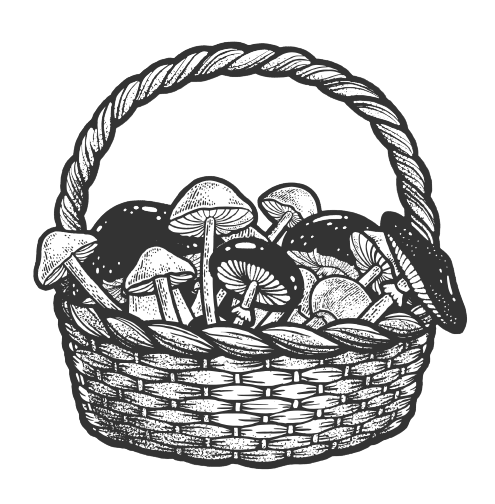
What Are the Medicinal Uses of Shrooms?
Research on psilocybin has increased in recent years, and numerous therapeutic benefits have been discovered on the substance. As a result, there is a strong trend toward legalizing magic mushrooms worldwide, mainly in North America and Europe.
For example, a significant benefit is that psilocybin helps relieve depression, a prevalent disorder that affects one in three people. Patients report feeling improvements in their mood even after the very first session.
In addition, magic mushrooms can also help patients with post-traumatic stress disorder. This is because psilocybin balances amygdala activity, helping to decrease anxiety and flashbacks that paralyze trauma survivors.
Other studies have shown that these fungi can help people with existential anxiety. Psilocybin, accompanied by an appropriate psychotherapy session, gives them a mood change that helps them accept their fate and find comfort in the present.
Moreover, many people with cluster headache attacks report significant improvements with psilocybin. However, keep in mind that there is no scientific reason for how the substance achieves this.
Last but not least, magic mushrooms treat addiction, which is also very recurrent in today’s society. Psilocybin temporarily suppresses the brain’s default mode network, helping patients with calming compulsions and bad habits.
As if it wasn’t enough, anecdotal reports argue that psilocybin helps increase creativity and boost problem-solving abilities.
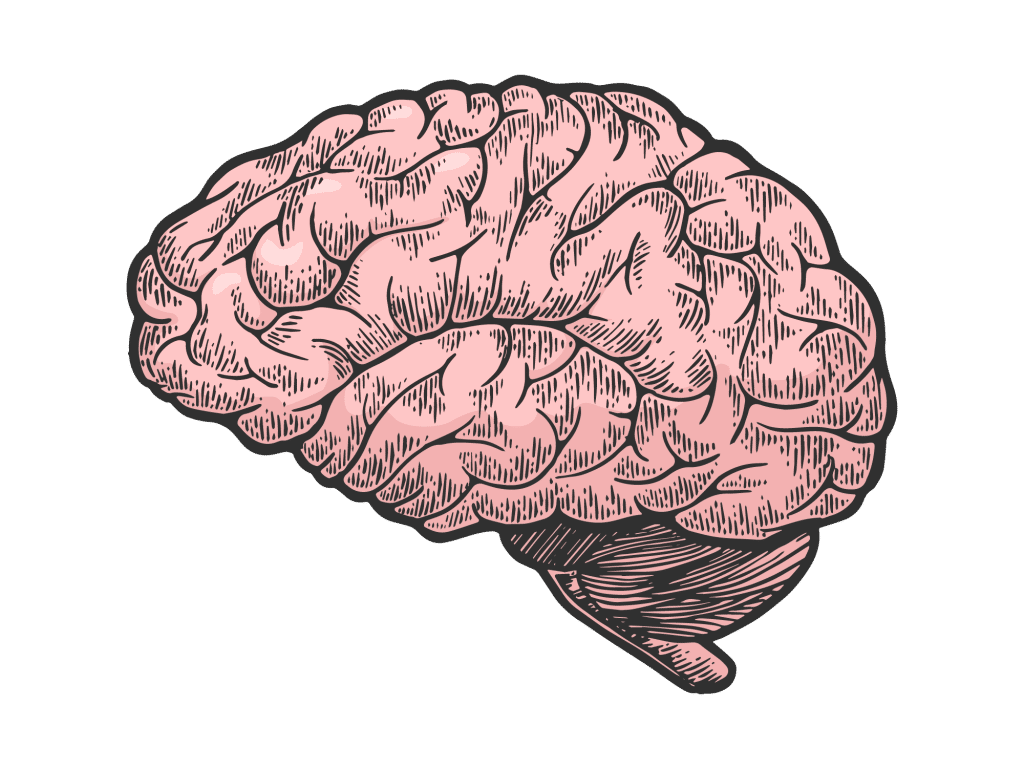
Is LSD Legal in Prince Edward Island?
No, LSD (lysergic acid diethylamide) is illegal throughout the country.
Like psilocybin, LSD is a Schedule III controlled substance in Canada, so the penalties are similar. If the police catch you with it, you can spend up to 6 months in jail or receive fines of up to $1,000.
However, if you need psychedelic-assisted psychotherapy, you can apply for an S.56 exemption from Health Canada to access LSD for therapeutic situations legally.
Is DMT Legal in Prince Edward Island?
No, DMT is also forbidden in Canada.
DMT is also a Schedule III controlled substance in Canada, so the penalties are similar to LSD.
The CDSA mentions DMT and any variation thereof, so we can assume it includes ayahuasca, changa, and bufo toad venom.
However, Canadian law allows the substance to particular groups, such as the Uniao do Vegetal in places like Quebec and Montreal.
Is MDMA Legal in Prince Edward Island?
No, MDMA (ecstasy) is illegal in Canada.
Unlike the psychedelics mentioned above, MDMA is placed in Schedule I of controlled substances, so its penalties are much harsher. For example, if the police catch you with it, you can spend up to 7 years in prison.
Still, Canada is one of the few countries that accept MDMA-assisted psychotherapy, which is very useful for treating depression and anxiety.
Is Ketamine Legal in Prince Edward Island?
No, ketamine is also illegal in Canada.
You may know that ketamine is legal for medical or veterinary use. However, the CDSA considers it just as dangerous as cocaine or heroin since it is categorized as a Schedule I substance. Therefore, you can spend up to 7 years in prison for possessing it.
Ketamine has numerous therapeutic benefits, as it is very effective in dealing with treatment-resistant depression and PTSD.
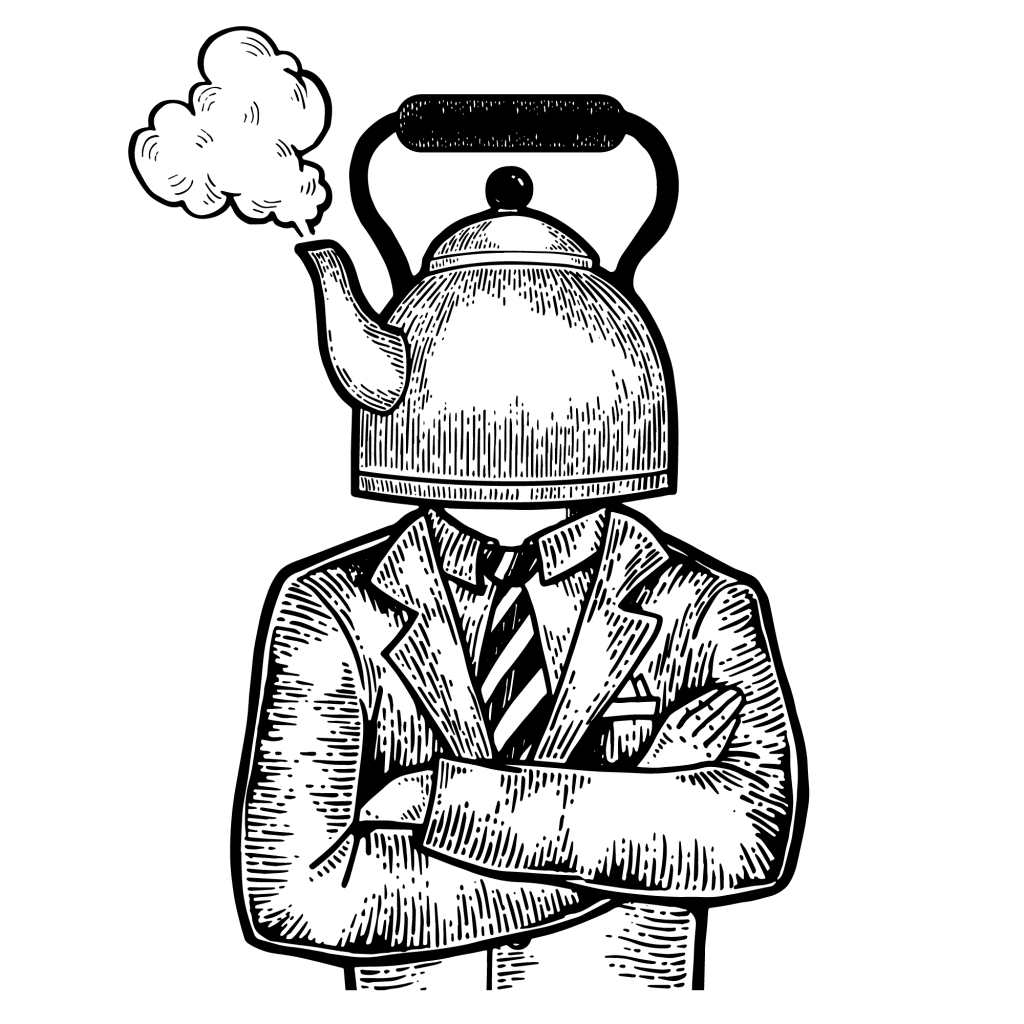
Is Marijuana Legal in Prince Edward Island?
Yes, marijuana is legal in Canada, both for medicinal and recreational use.
Canada was one of the first countries to legalize the possession, consumption, cultivation, and purchase of cannabis for adults.
However, keep in mind that the Cannabis Act imposes certain limits. For example, you can only possess up to 30 grams on public streets and up to 4 plants in your home.
Nonetheless, there’s no possession limit with delta 8. There is no specific information regarding the delta 9 and delta 10 isomers, though they are probably legal.
Although it is legal, the penalties for cannabis-related offenses can be very harsh. For example, giving marijuana to a minor can land you up to 14 years in prison.
What’s the Difference Between Legalization & Decriminalization?
You may have heard many people confuse legalization with decriminalization. Still, it is essential to understand these two similar concepts to avoid legal problems when visiting another country.
Decriminalizing a substance implies significantly reducing penalties while still being considered a criminal offense.
On the other hand, legalization is a step further since all penalties are removed. This is the most effective way to combat the violence produced by the various drug cartels. In addition, it helps protect the consumer from products of dubious quality.
Psychedelic Laws in Other Canadian Provinces
Some provinces treat drug offenses differently than Prince Edward Island.
- Psychedelics in Alberta
- Psychedelics in British Columbia
- Psychedelics in New Brunswick
- Psychedelics in Newfoundland and Labrador
- Psychedelics in Northwest Territories
- Psychedelics in Nova Scotia
- Psychedelics in Nunavut
- Psychedelics in Manitoba
- Psychedelics in Ontario
- Psychedelics in Quebec
- Psychedelics in Saskatchewan
- Psychedelics in Yukon
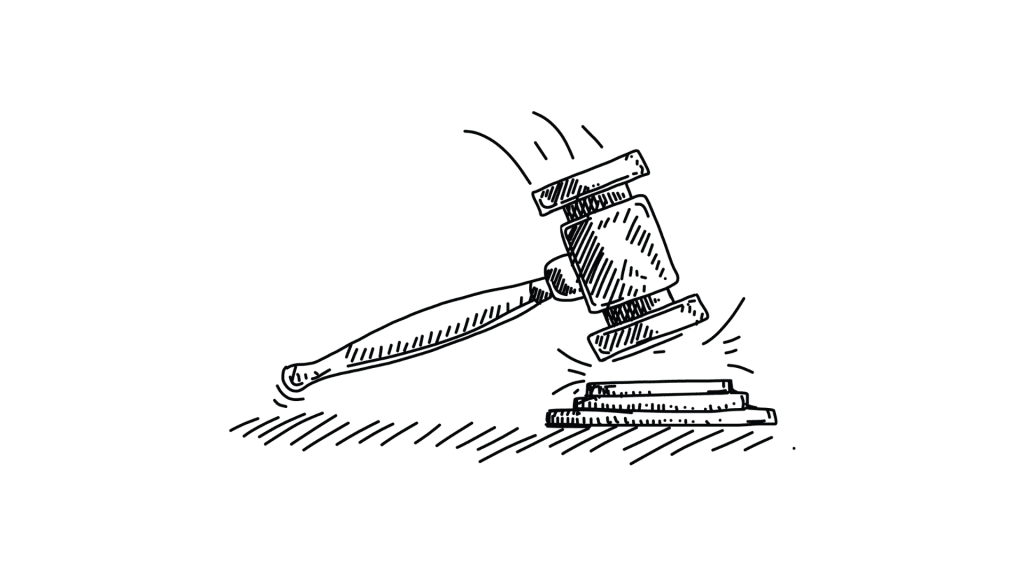
Key Takeaways: What’s the Future of Psychedelics in Prince Edward Island?
Canada is one of the most progressive countries concerning psychedelics. We believe psychedelics will eventually be decriminalized or even legalized in Prince Edward Island and the rest of the country.
Canadian citizens are already pushing for decriminalization, so it’s just a matter of time before a solid plan for the country-wide decriminalization or legalization of psychedelics reaches the supreme court of Canada.

